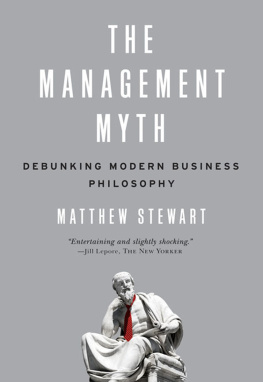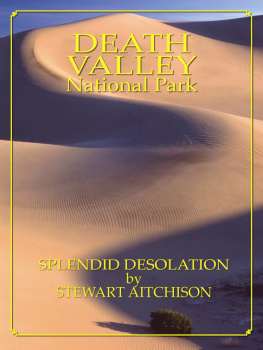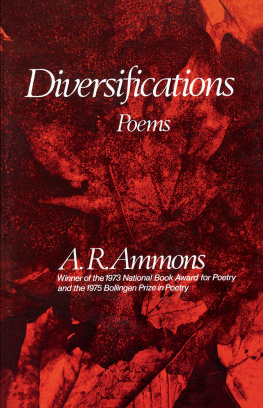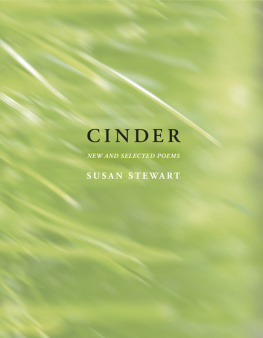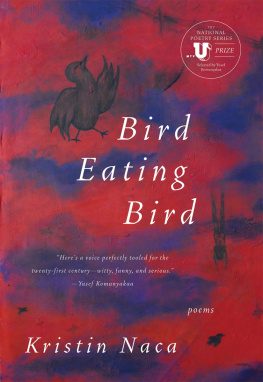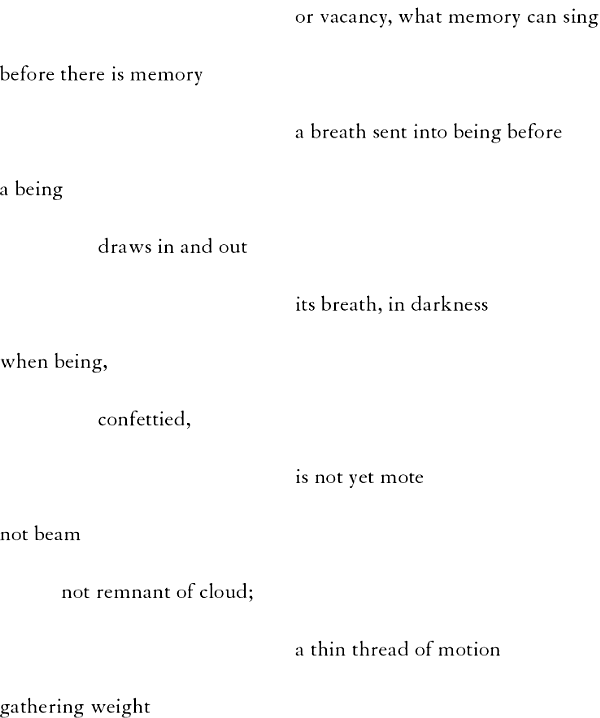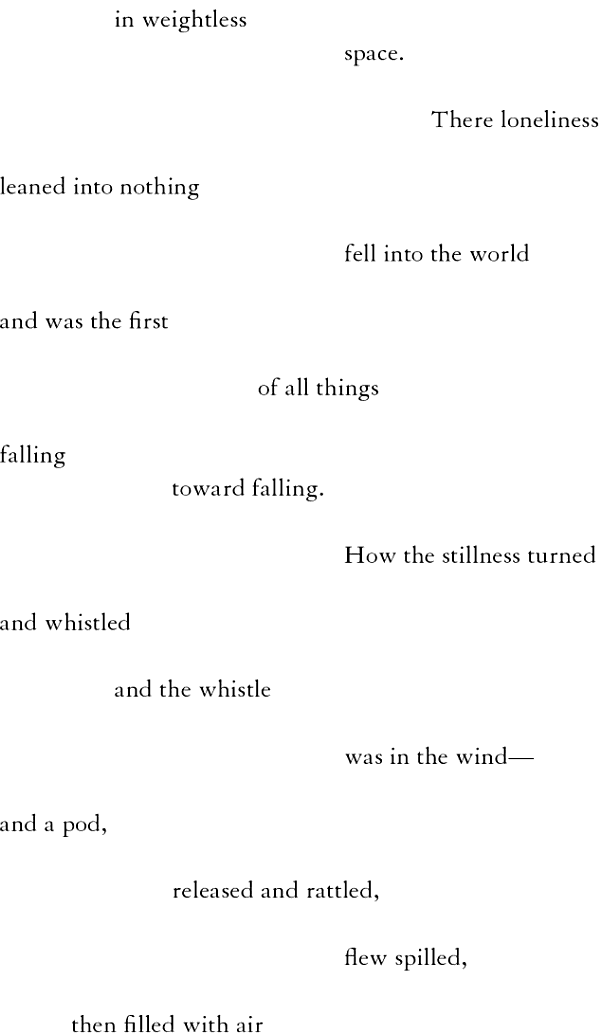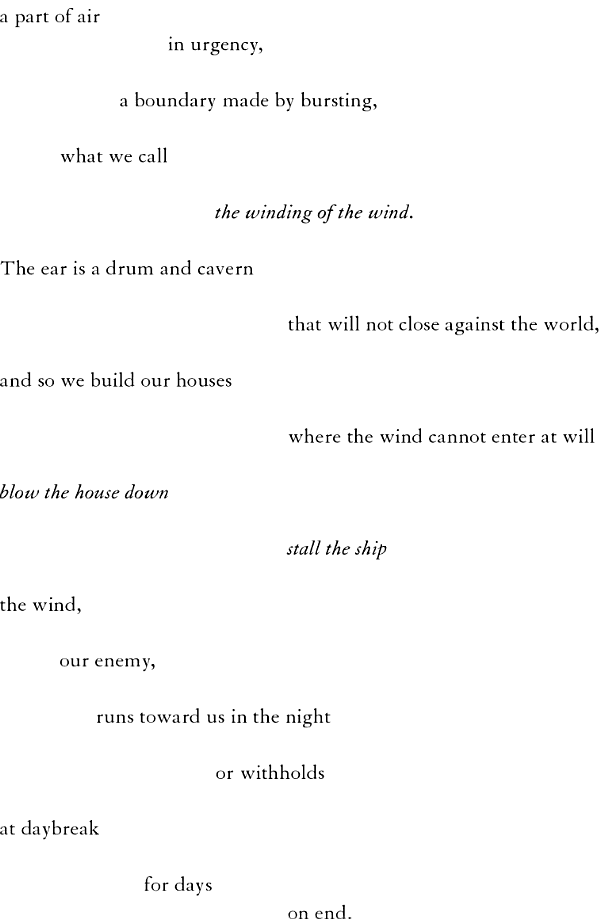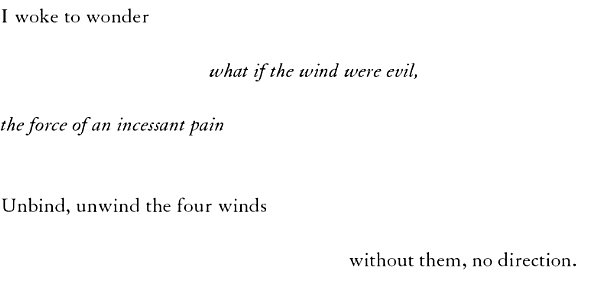COLUMBARIUM
PHOENIX
POETS
COLUMBARIUM
SUSAN STEWART
THE UNIVERSITY OF CHICAGO PRESS
Chicago and London
susan stewart is the Regan Professor of English at the University of Pennsylvania and a MacArthur Fellow. She is the author of three previous books of poems, the most recent The Forest, as well as many works of literary and art criticism, including On Longing, Crimes of Writing, and Poetry and the Fate of the Senses.
The University of Chicago Press, Chicago 60637
The University of Chicago Press, Ltd., London
2003 by The University of Chicago
All rights reserved. Published 2003
Printed in the United States of America
12 11 10 09 08 07 06 05 04 03
1 2 3 4 5
ISBN: 0-226-77443-0 (cloth)
Library of Congress Cataloging-in-Publication Data
Stewart, Susan (Susan A.), 1952
Columbarium / Susan Stewart.
p. cm. (Phoenix poets)
Includes bibliographical references.
ISBN 0-226-77443-0 (alk. paper)
I. Title. II. Series.
PS3569.T474C65 2003
811.54dc21
2003048354
The paper used in this publication meets the minimum requirements of the American National Standard for Information SciencesPermanence of Paper for Printed Library Materials, ANSI Z39.48-1992.
columbarium
a. pigeon-house; dove-cote
b. a subterranean sepulcher, having in its walls niches or holes for cinerary urns
oxford english dictionary
Now let us make in each soul a sort of aviary of all kinds of birds; some in flocks separate from the others, some in small groups, and others flying about singly here and there among all the rest.
Then we must say that when we are children this receptacle is empty; and by the birds we must understand pieces of knowledge. When anyone takes possession of a piece of knowledge and shuts it up in the pen, we should say he has learned or has found out the thing of which this is the knowledge; and knowing, we should say, is this.
Now think: when he hunts again for any one of the pieces of knowledge that he chooses, and takes it and has it, then lets it go again, what words are appropriate here?
plato , Theaetetus
Acknowledgments
Grateful acknowledgment is made to the editors of publications in which these poems, or versions of them, first appeared:
American Poetry Review: Bees, Braid, Dark the Star, Ellipse, Pear, Rewind, Scarecrow, Weather, Wings, and all of Sung from the generation of air
Critical Quarterly: I had a little dove, as the final section of Authentic Songs
Electronic Poetry Review: Forms of Forts and Unless and Until
Free Verse: Lost Rules of Usage, Vigil, and To You and For You
The Kenyon Review: Wrought from the generation of earth and The Rose (New Series, summer/fall 2003, vol. 25, no. 3/4)
Ploughshares: Shadow/ Lintel and Shadow/ Shadow (vol. 25, no. 4)
Salt: Drawn from the generation of fire , Cross/X, Shadow/Isaiah, Jump, Kingfisher Carol, The History of Quiver, and X/cross
Stand: Let me tell you about my marvelous god and The Seasons
TriQuarterly: Apple, Night Songs, Now in the Minute (under the title Awaken), Flown from the generation of water , What You Said About the Moon, Zero, Lightning, and These Trees in Particular
X-Connect: From Lessons from Television Writers of the Information Age II, CrossConnect, Inc., 1997
Wings was reprinted in The Best American Poetry 2000, edited by Rita Dove and David Lehman and in the Jahrbuch der lyrik 2001, edited by Christoph Buchwald and Adolf Endler. Munchen: Verlag C. H. Beck.
Now in the minute, under the title Awaken, was first issued as part of an edition of an art work by Ann Hamilton entitled, Awaken. The work is a wool blanket hand-stitched with the poem in a bookbinders box with accompanying printed text of the poem as well. New York: Mary Kelly; Cypher Editions, 2000.
Apple was reprinted in The Best American Poetry 2001, edited by Robert Hass and David Lehman.
Let me tell you about my marvelous god and The Seasons were reprinted with Two Brief Views of Hell in Hammer and Blaze: A Gathering of Contemporary Poets, ed. Ellen Bryant Voigt and Heather McHugh, 2002.
Sung from the generation of air , Drawn from the generation of fire , Wrought from the generation of earth , and Flown from the generation of water were written for The Elements, an artists book with lithographs by Enid Mark, published by ELM Press in 2002.
O was reprinted in Robert Harrisons The Dominion of the Dead. Chicago: University of Chicago Press, 2003.
My thanks to the MacArthur Foundation for a fellowship that helped me complete this book.
I THE ELEMENTS
When I was a child, like you, I thought like a child,
and asked how all things began
Sung from the generation of air
Yet air is the element most bearable most bearable to every mortal thing.
the flight
snatched away, the paper lands flat at first,
clings to the cement; the smooth side friction
-locked to the pitted surface for a second,
then lifted by a corner,
then swirling, then dipping,
flush against the steel of a car door,
then flying off toward a branch,
snagged,
unsnagged, sailing
On one side the answers were traced so carefully,
capitals and small letters, peaks and valleys,
a black pen tacking between the blue lines.
Forget the answers, and then the test, and then the paper,
and then the sidewalk, and then the tree, and then the sky
this is the order of forgetting, the one you already know by heart;
it is neither evil nor good, as things are neither here nor there when they fly
whisper
A whisper within an ordinary parting,
a sigh nesting in a word, it comes
inside another breeze, warmer, softly,
to touch your cheek or shoulder, lighting down
as down does and doesnt and does again.
What was it?
You will ask yourself and you will ask
again until asking itself is like
a caress, nothing then something
and nothing again there in the clear as day,
but something, something meant
what was it?
the memory of happiness in a time of misery
Like starlings in winter the wind beating against their beating wings
the air numb and mutely blank a whiteness
tumbling the dead leaves they too
whirled like dead leaves torqued
one way then another for the sake
of each other even in death joined
by their scattered dovelike gliding
two heads bowed above a page
the lamp sputtered flickered sparked
in the deafening silence
the ear is a drum a cavern
that will not close against
the voice of the beloved and
the eye has a door
that can bar a whirlwind
a sanctuary shut to its harm
Scirocco hot dust breaking in the mouth
dumb the tongue mute to reason cause
an eye held open to see not seeing
furled the thought dried to powdery sense
one way then another for the sake
of each other even in death joined
by mistaken heavens playthings
gods needless mindless of consequence
three heads bowed above a page
an olive stripped bare of its silver
Next page






